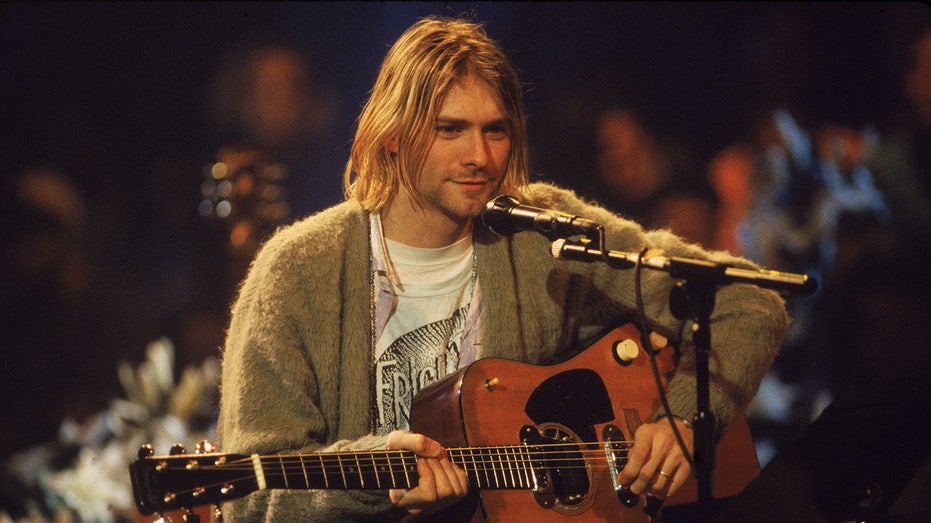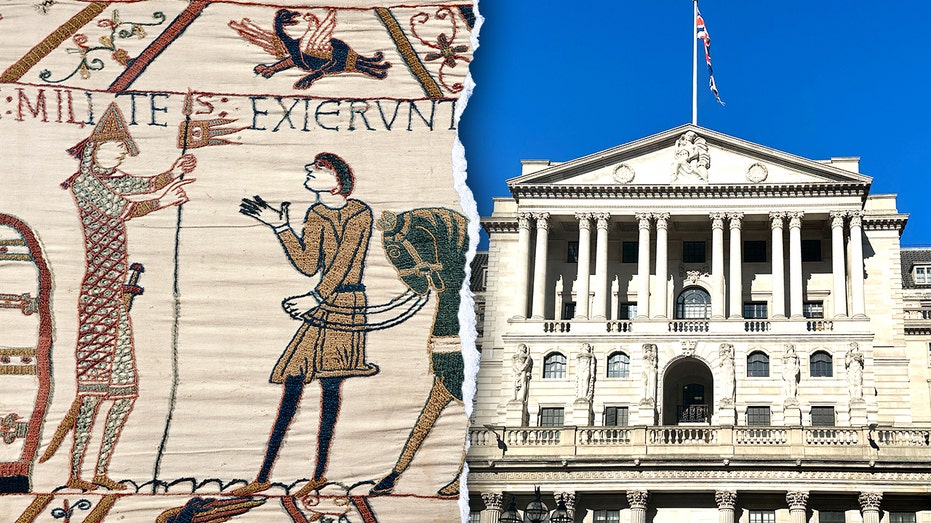America at a Cultural Crossroads: Pro-Family vs. Pro-'Progress'

Sarah Johnson
March 4, 2025
Brief
A Heritage Foundation report highlights America's cultural divide on family values, examining trends in marriage, birth rates, cohabitation, and the increasing instability of modern relationships.
The United States stands at a pivotal cultural moment, grappling with values surrounding marriage, childbearing, divorce, cohabitation, and abortion, according to a report by The Heritage Foundation. The findings reveal a nation divided between two ideological paths: one rooted in traditional family values and the other embracing modern social trends.
Heritage scholars Delano Squires and Rachel Sheffield, in their report titled "Crossroads: American Family Life at the Intersection of Tradition and Modernity," paint a stark picture. One route, they warn, is defined by declining marriage rates, low birth rates, increasing unwed childbearing, and casual divorces. The other champions marriage, childbearing, and the idea that children thrive best with their married, biological parents.
Data underscores the shift: marriage rates have plummeted from 78% of households in 1950 to just 47% today. Meanwhile, 40% of children are born outside of marriage, and the nation’s birth rate has sunk to a record low of 1.62 in 2023, far below the replacement rate. It’s a far cry from the days when "nuclear families" were the societal cornerstone.
"A nation that rejects the importance of stable marriages and strong families for its well-being weakens its ability to pass on the blessings of prosperity to future generations," the report cautions. Translation? The stakes aren’t just personal—they’re national.
Interestingly, cohabitation appears to be the new norm. More adults aged 18-44 have cohabited (59%) than have been married (50%). Yet, these relationships often lack staying power. The report finds nearly half of cohabiting parents break up before their child turns three, compared to just 13% of married parents. By age 12, two-thirds of children in cohabiting households experience parental separation, a statistic that screams instability.
Even for those who do marry, the timing has shifted. The median age for first marriages has jumped by about seven to eight years since the mid-20th century. This delay, paired with fewer people tying the knot overall, suggests that marriage is losing its societal prominence.
Another layer to this crisis is what Squires and Sheffield dub the "connection conundrum." Despite the ubiquity of smartphones and dating apps, people are struggling more than ever to form meaningful relationships. Squires notes that technology often fosters superficial connections rather than deep, lasting bonds. The irony is thick: the tools designed to bring us closer are, in many ways, driving us apart.
The declining birth rate is another red flag. Over 40% of Americans aged 18 to 49 say they’re unlikely to have children, citing reasons like financial instability, lack of a partner, medical issues, and even concerns about climate change. Sheffield suggests that leaders should equip young people with the skills and models needed to build healthy marriages, especially in lower-income communities where family breakdown is most pronounced.
Squires argues that public officials and influencers need to step up, using their platforms to emphasize the value of marriage and family. "The bully pulpit is extremely powerful," he says, adding that these efforts shouldn’t be dismissed as partisan. "These are societal changes, not just unique to one particular party or ideology."
Ultimately, the data paints a sobering picture of where we’re headed if trends continue. Squires warns of a future where fractured families and "jumbled" family trees could lead to a generation of individuals disconnected from their roots. And while that may sound dystopian, he insists it’s an honest assessment of the current trajectory.
America’s cultural crossroads demands a choice. Will we prioritize stable marriages and families, or will we double down on the fragmented, "progressive" path? The answer, it seems, may shape not just individual lives but the very fabric of the nation.
Topics
Editor's Comments
Okay, I have to say it: the phrase "connection conundrum" feels like the perfect tagline for our modern dating app era. It’s wild to think that in a world more digitally connected than ever, we’re lonelier than ever. Maybe we need fewer swipes and more substance.
Like this article? Share it with your friends!
If you find this article interesting, feel free to share it with your friends!
Thank you for your support! Sharing is the greatest encouragement for us.



